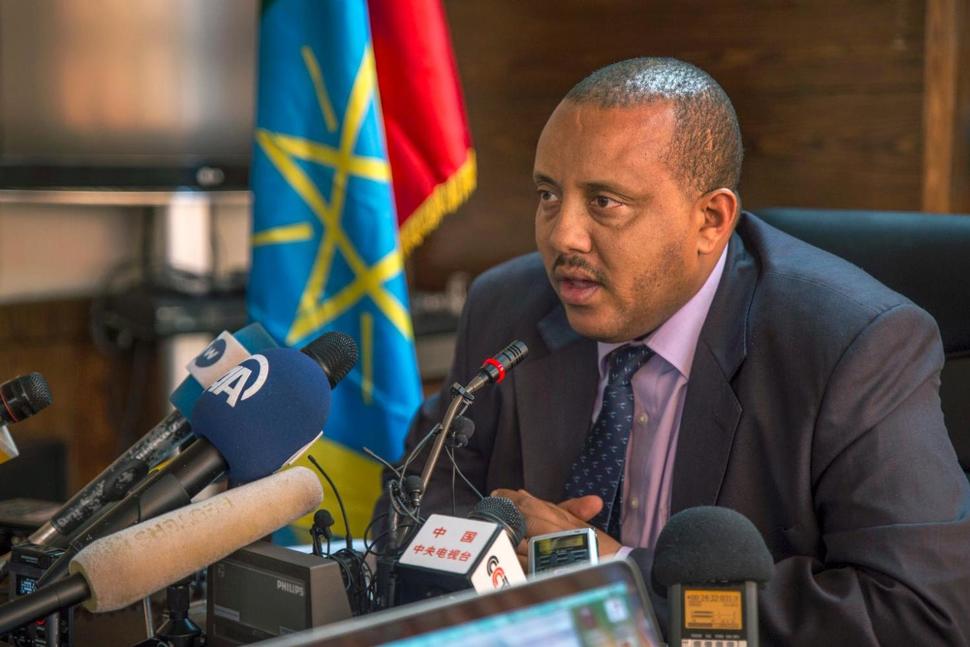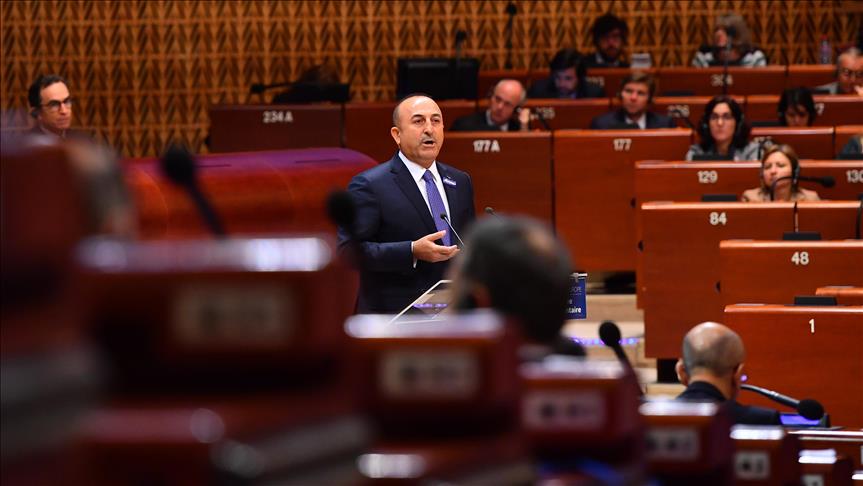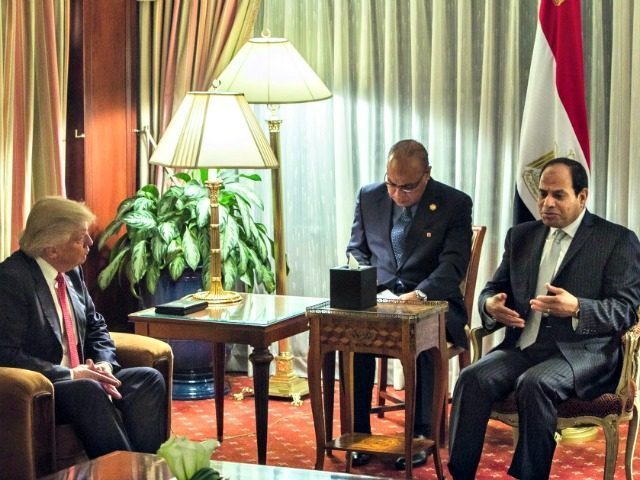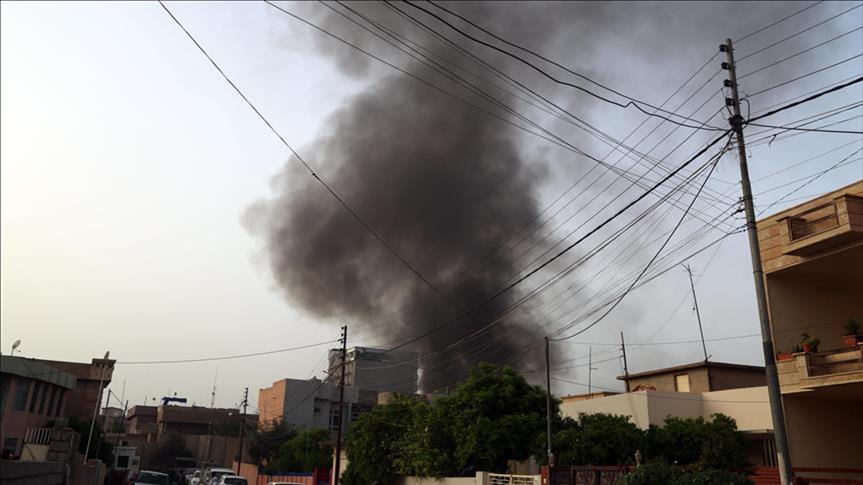
Ethiopia has accused Egypt and Eritrea of destabilizing its stability by supporting outlawed rebels and stoking an unprecedented wave of protests that has led the government to declare a six-month state of emergency, according to Anadolu Agency.
Ethiopian communication minister and government spokesperson Getachew Reda said in a press conference held in Addis Abba, “There is “ample evidence” that Egypt provided training and financing to the Oromo Liberation Front, a group labelled a terrorist organization by the Ethiopian government. “We know for a fact that the terrorist group OLF is receiving all kinds of support from Egypt,” he added.
He added, “The Oromo Liberation Front leaders used to be in Asmara (Eritrea) now they are in Cairo to take the final orders to destabilize Ethiopia and target its national security.”
The Oromo Liberation Front and other groups -which are leading armed struggle against the governmental forces – are named by the Ethiopian government as “anti peace forces”.
He also said “elements in the Egyptian political establishment” were fomenting rebellion, seeking to promote “historical rights” over access to the Nile River.
Ethiopia is building a hydro power dam on the Nile close to its source in the Ethiopian highlands, raising fears in Egypt, which depends on controlling the flow of the Nile’s waters for its survival.
According to Ethiopian state media, last week Ethiopia’s foreign ministry summoned Egypt’s ambassador to discuss “the current situation”
Egypt, however, denied last week providing any support for the Ethiopian rebels.
Reda said,”What we have is anti-Ethiopian elements using the protesters to attack whatever achievements Ethiopia has made in the last 15 or 20 years.”
“This has been done at the behest of historical enemies of the country,” he said, accusing Eritrea of “infiltrating terrorists” into the country.
Between 1998 and 2000, Eritrea and Ethiopia fought a two-year border war which left 80,000 dead, and tensions between the neighbors flared again earlier this year.
In response, Egypt denied that it is interfering in Ethiopia’s domestic affairs. According to Al-Ahram, a state-owned newspaper, Egypt’s ministry of foreign affairs restated Egypt’s total respect for Ethiopian sovereignty, and non-interference in the country’s internal affairs, following allegations of Egyptian support for anti-government demonstrations by the Oromo ethnic group.
There were ongoing “high level” communications between the two countries to maintain positive outcomes recently achieved in Egyptian-Ethiopian relations, added Foreign Ministry spokesperson Ahmed Abu Zeid.
This is the second statement released by Egypt’s foreign ministry in less than 24 hours asserting that Egypt respects Ethiopian sovereignty, after Ethiopia released official statements accusing Egypt of supporting Oromo rebels.
Over the past week, the Ethiopian government has faced the biggest challenge in 25 years from protesters who have turned their anger against foreign-owned companies, torching several farms and factories.
Rights organizations have already criticized authorities for a harsh security crackdown on nearly a year of protests that has killed hundreds.
Earlier this month, security forces opened fire on anti-government protesters that killed more than 50 people during a religious festival in Bishoftu, southeast of the capital.
The incident agitated more violence in Oromia, where hundreds of local and foreign businesses have been attacked over suspected government ties and more people have been killed, according to both the government and opposition.
The government has said the state of emergency may include a curfew in some locations, arrests and search-and-seizures without a court order, restrictions on the right to assembly and a ban on some communications.
Mulatu Gemechu of the opposition Oromo Federalist Congress party said, “Declaring a state of emergency at this time in Ethiopia is aimed at legitimizing the killings that we have seen in the Oromia region recently.”
“It won’t solve the public’s problems and will only worsen them. What people are looking for is a radical change. The people now want the setting up of a transitional or caretaker government.”
The protests, which first began in November 2015, threaten Ethiopia’s reputation as an oasis of political stability whose double-digit growth has attracted investors in recent years.



